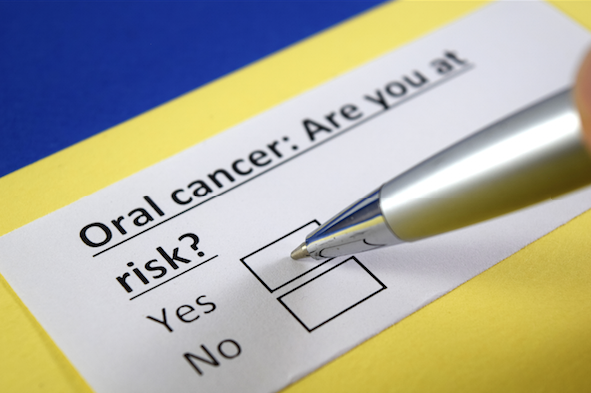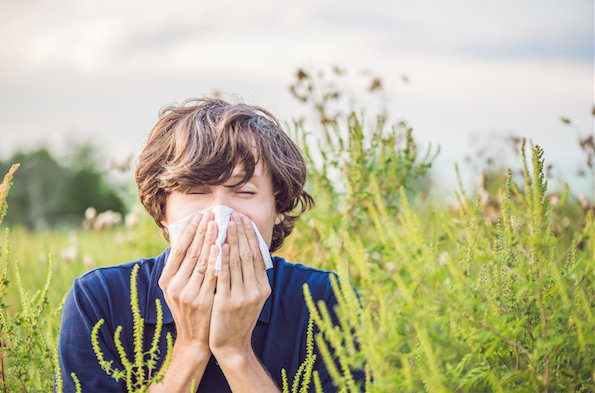
Oral cancer affects more than 40,000 Americans every year, claiming more than 7,000 lives. Maintaining a healthy lifestyle is the best way to minimize your chances of developing oral cancer.
About the Disease
Oral cancer can develop in any part of the oral cavity, but it usually begins in the tongue or the floor of the mouth. It is one of a group of cancers referred to as head and neck cancer. When oral cancer spreads (metastasizes), it usually travels through the lymphatic system. Cancer cells then often appear in nearby lymph nodes in the neck.
Risk Factors
While anyone can develop oral cancer, the risk is highest in those who frequently use tobacco and/or alcohol. It is also more prominent in males, people over age 40, people with human papilloma virus and people with a family history of head or neck cancer.
Symptoms
- • White or red patches in the mouth
- • A mouth sore that will not heal
- • Bleeding in the mouth
- • Loose teeth
- • Problems or pain with swallowing
- • A lump in the neck
- • An earache
Diagnosis
The average age of oral cancer diagnosis is 60, when it is in its late stages. Therefore, if you have any of the symptoms described above, it is important to have a
doctor or dentist check your mouth and throat for problems. If the exam shows an abnormal area, a small sample of tissue may be removed for further analysis. This is called a biopsy and is the only way to know for sure if the irregular area is cancerous.
Treatment
The choice of treatment mainly depends on general health, the location and size of the tumor and whether the cancer has spread. Treatment may include surgery, radiation therapy, chemotherapy or a combination of the three. Some patients will need to have plastic or reconstructive surgery to rebuild the bones or tissues of the mouth, and some may need dental implants or dental prostheses. If oral cancer or its treatment leads to problems with talking, speech therapy will begin.
Prevention
Quitting tobacco use is one of the most important steps in preventing oral cancer. There are also some studies that suggest eating the daily recommended amount of fruits and vegetables may stave off oral cancer. Visit www.choosemyplate.gov/food-groups to find the United States Department of Agriculture (USDA) recommendations for fruits and vegetables.
Source: National Cancer Institute, www.cancer.gov Read More click for pdf















